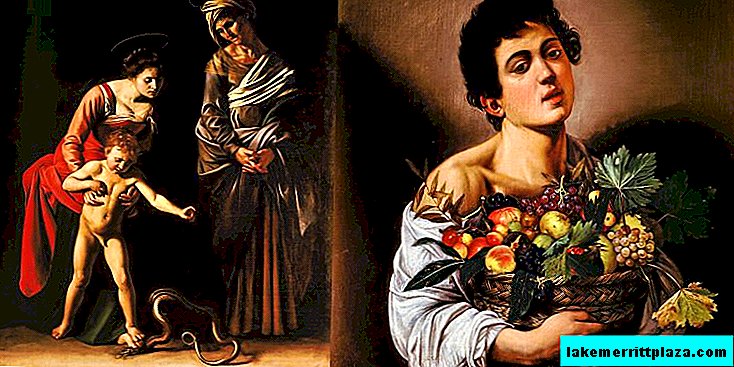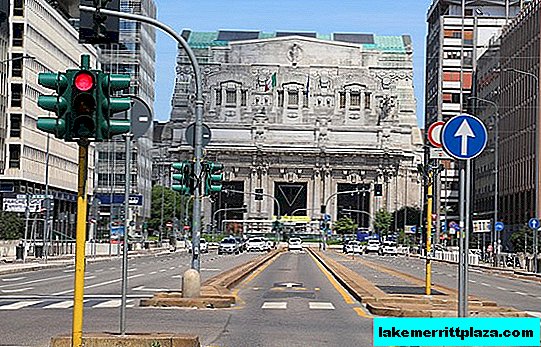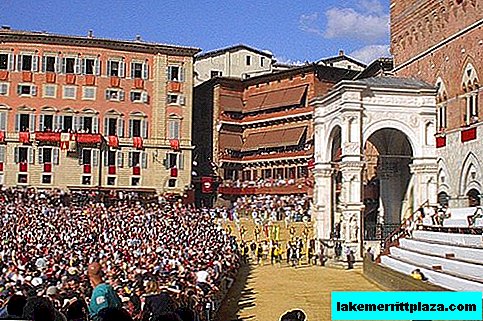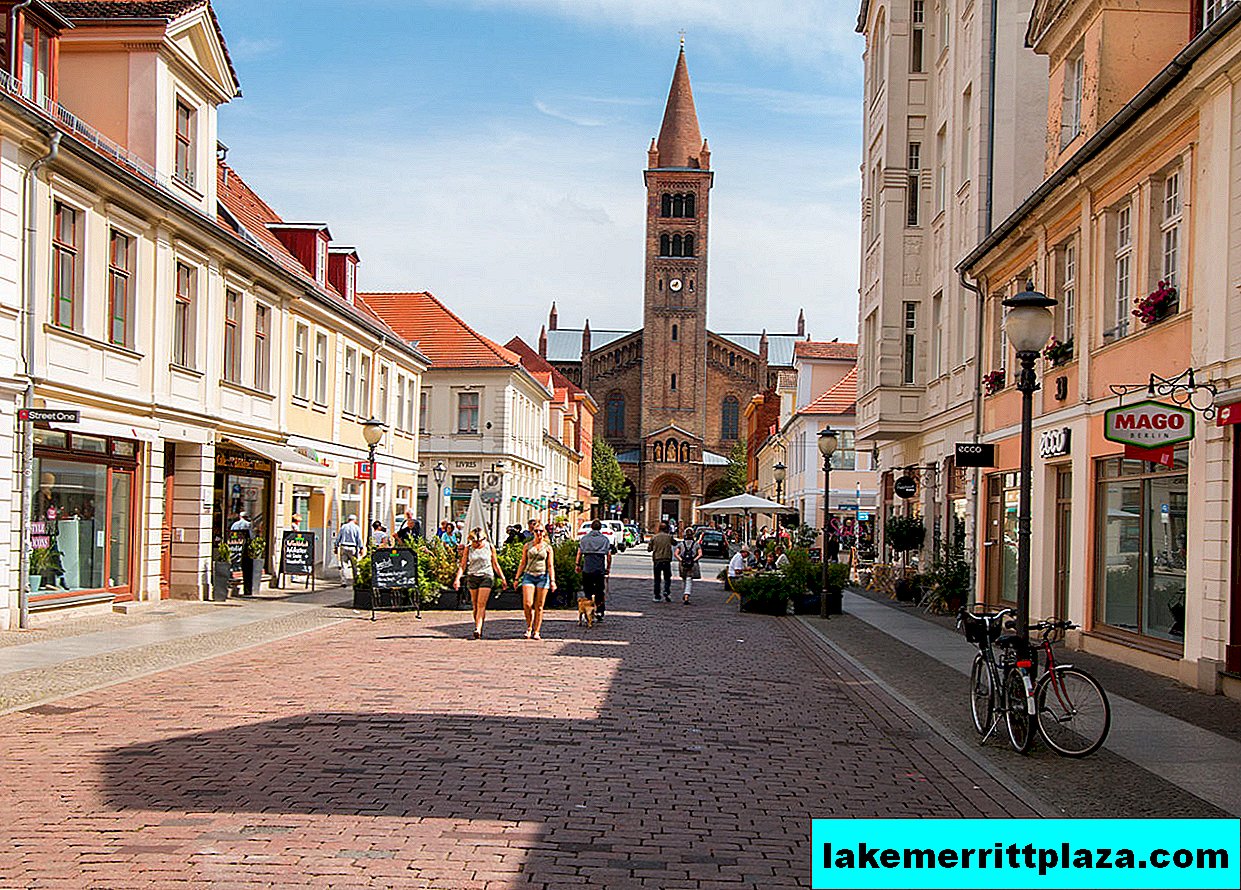Arid summers and dangerous bacteria had a big impact on the amount of the crop, which negatively affected the prices of olive oil: in just a few weeks they rose from 2.40 to 2.70 euros per kilogram.
This year, Italian olive groves were infected with very dangerous viruses for plants, including a microbe called Xylella Fastidiosa, which literally “attacked” the Puglia region. "Olive oil prices will rise by 30-40 percent, as due to a lack of olives, less oil will be produced," explains a farmer from an infected Italian region, Raffaele Piano. - "But this will in no way affect the quality of the products." The farmer also complains that it is impossible to cure groves from a dangerous bacterium. "There is simply no cure for it. The only thing left is to burn infected trees to prevent the further spread of the virus."
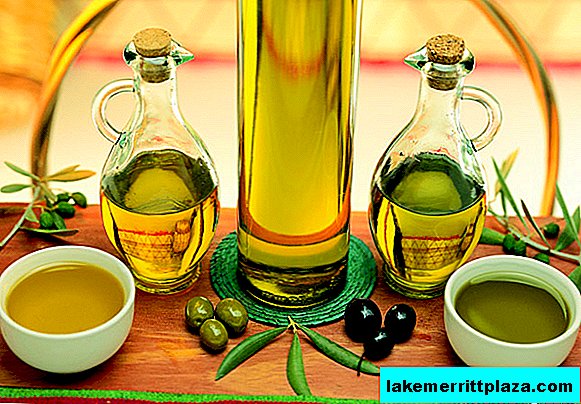
It is worth noting that the dangerous microbe Xylella Fastidiosa first appeared in America, but has never been seen in Europe before. At the moment, more than 8,000 trees have been infected in Italian olive groves. Local authorities have already turned to American scientists for help. As biologists explain, high air temperatures contribute to further damage to trees. The problem lies in the fact that the authorities did not take any action also because in August they went on vacation.
This year, a significant increase in olive oil prices is expected due to the protracted drought, which attacked one of the largest olive producing centers in the world in Spain, and also because of the dangerous bacteria that hit the crop in Apulia. Experts estimate that due to the constant lack of rain in Spanish olive groves this year, only about 60 percent of the expected amount of fruit will be harvested.
“Even in the best case scenario, we won’t be able to collect even a million tons of olives,” said David Erice, spokesman for Spain's Small Farmers Union www.ugt.es. "We expect about the same result as in 2012, that is, about 700,000 tons."
This year, Spain bypassed Italy in the struggle for the status of the largest producer. Today, Spanish olive groves account for about 50% of olive oil of the total world turnover, with 73% of olives growing in the province of Andalusia (Andalusia), and 16% - in Catalonia (Catalonia). In 2013, Spanish olive oil producers earned about 1.5 billion euros.

Overall, global demand for liquid gold has grown 60 percent over the past twenty years, especially in countries such as China, the USA, Canada, and Australia. Also, one cannot fail to notice that earlier this month the Russian authorities decided to ban the supply of olive oil produced in the EU countries under sanctions. Experts say that manufacturers of this product will also suffer losses due to the embargo on the part of Russia.

